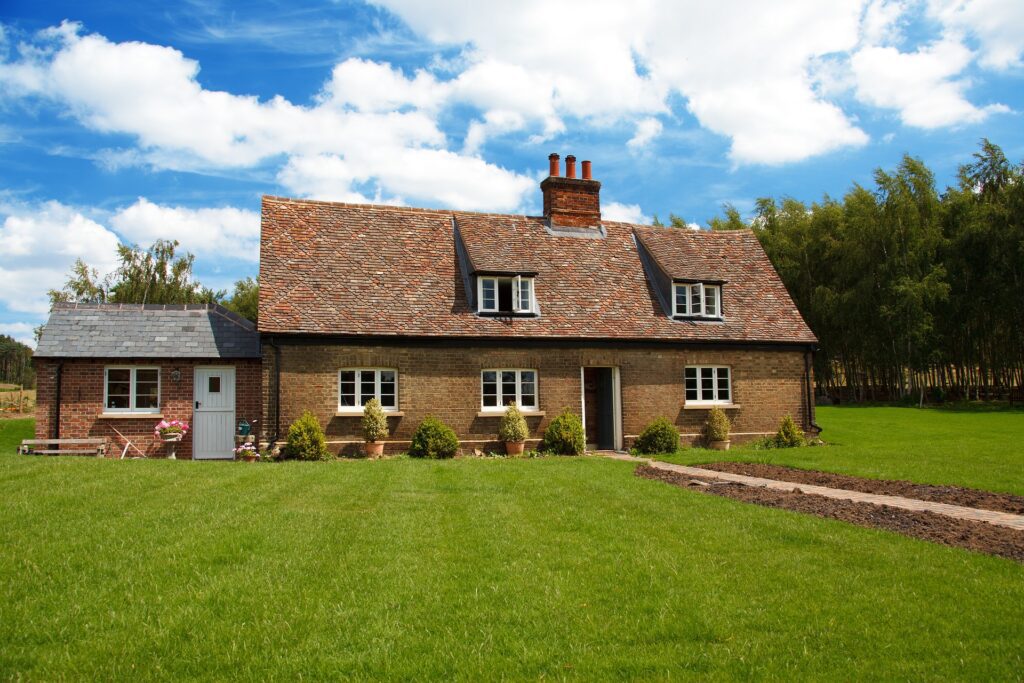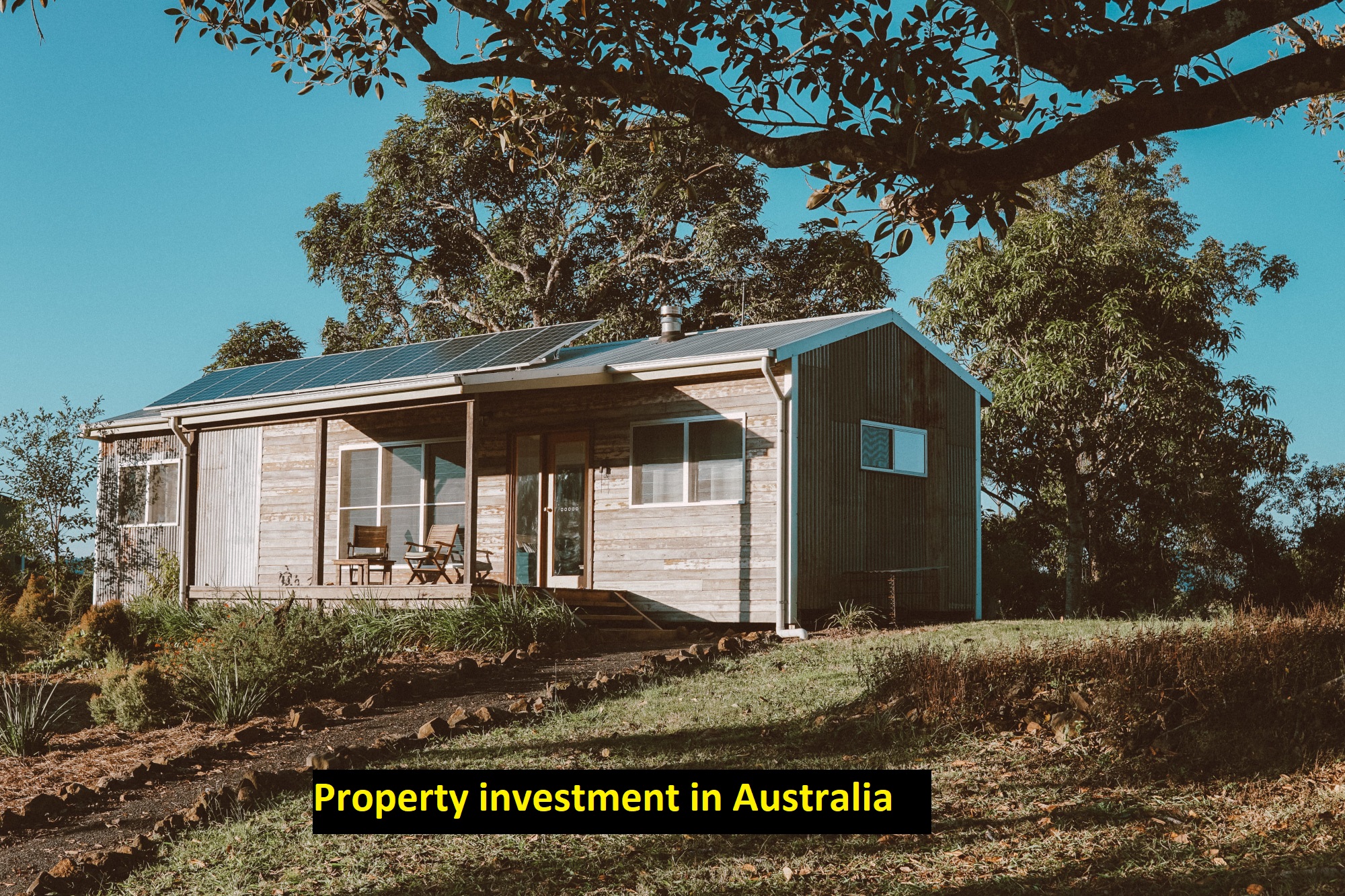Hello friends and our article readers in this article we are discussing about the property investment in Australia in 2024. Kindly read a whole article for better understanding. If you have any query then you can connect with us feel freely in comment section that is at the last of this article.
Investment in Australia
People often perceive real estate, particularly homes and units, as a more tangible and rational investment option. Still, exploring property ownership necessitates a detailed understanding of its dynamics to determine its suitability for individual investors.
- Buying and managing an investment property
- Houses and units seem easier to understand than many other forms of investments.
- But, it’s important to understand how investing in property works, to decide whether it’s Right for you.
Pros and cons of investing in Property
Australia provides excellent real estate investing choices even if there is some intricacy. Purchasing and managing an investment property, such as a home or apartment, might appear simple, but you need be aware of the procedure to ascertain if it would assist you to reach your financial goals.
Pros:
- Less volatility compared to shares or other investments.
- Potential for rental income and capital growth.
- Tax deductions on property expenses and mortgage interest.
- Tangible asset with no specialized knowledge required.
Cons:
- Costs may outweigh rental income.
- Vulnerable to interest rate fluctuations.
- Vacancy periods can impact cash flow.
- Limited liquidity and potential for value depreciation.
- High entry and exit costs and restrictions on certain investment methods like SMSFs.

Diversification of Investments
Investing outside of real estate helps to reduce risk and increase rewards. A diversified portfolio distributes funds across many asset classes, therefore lessening reliance on any one market.
Costs of Property Investment
Real estate investment comes with costs for purchasing, operating, and selling the property. These costs should be carefully examined as they influence typical returns.
Costs of Acquisition and Disposal
Some of the costs involved to purchase and sell a property include:
- Stamp duty
- Conveyancing fees
- Legal costs
- Inspection fees
- Pest and building reports
- Agent’s fees and advertising costs (upon sale)
- Capital gains tax (upon sale)
If you sell your property, you will have to pay agent’s fees, advertising costs, and legitimate Payment. You may also have to pay capital gains tax.
Borrowing money to buy
Whether you borrow money for investments, you will have to pay the home mortgage. Not rely on rental revenue to pay the mortgage; sometimes your house will be empty.
Interest-only loans allow many buyers to acquire real estate as their term expires after a certain time. Your repayments will so increase to pay the interest as well as the borrowed sum. See interest-only home loans to understand their conditions and if refinancing is something you are considering, look at options with trustworthy lenders like Koalify Refinance for tailored and reasonably priced alternatives.
Interest-Only Mortgage Calculator: Understand the Cost of an Interest-Only Loan
See the expenses of an interest-only loan with a mortgage calculator. Enter relevant information such loan amount, interest rate, and loan length to estimate the total monthly payments and expenditures resulting from selecting an interest-only mortgage.
Expenses of Owning an Investment Property:
Owning an investment property incurs various ongoing costs that should be accounted for in financial planning. These expenses may include:
- Council and Water Rates: Charges imposed by local authorities for property-related services such as waste collection and water supply.
- Building and Landlord Insurance: Insurance policies to protect against property damage, liability claims, and loss of rental income.
- Body Corporate Fees (for Units): Contributions towards the maintenance and upkeep of common areas in strata-titled properties.
- Land Tax: Levied annually on the unimproved value of land, varying based on property value and location.
- Property Management Fees: Charges for professional property management services, including tenant sourcing, rent collection, and property maintenance.
- Repairs and Maintenance Costs: Expenses for repairing and maintaining the property’s structure, systems, and amenities.
Costs to own an investment property
Ongoing costs of investment properties include:
- Council and water rates
- Building and landlord insurance
- Body corporate fees (for units)
- Land tax
- Property management fees (if applicable)
- Repairs and maintenance expenses
Tax on your investment property
While you may be able to claim tax deductions on expenses, you’ll still have to pay them upfront. For positively geared investments, you may pay tax on your higher income Stay with the Australian Taxation Office (ATO) for how tax works for investment properties.
What do to examine while buying an Investment property
Your investment plan should involve the decision to buy an investment property; so, take some thought on your goals and risk tolerance.
Once you have a house in mind, check the expected income against your departing expenses. Ask yourself if you could pay the expenses long-term should a shortfall develop.
Besides, work out whether You could cover all expenses short-term if you had no tenants for a while Research the property market to agree on how to get an investment property. Where and what You buy will act on your return on investment.
Read More
LIC Share Price Target 2023, 2024, 2025, 2027, 2030
Predictions for Federal Bank’s share price in 2023, 2024, 2025, 2028, and 2030
Where to buy
Look for low vacancy rates, high rental yields, and maybe capital growth areas. Look forward to developments in the area that could affect house prices.
- Areas you’re close with will take time to research.
- Focus for areas with high growth, higher rental yield, and low vacancy rates
- Discover about proposed planning changes in the suburb that may affect future property Prices
What to buy
Look for properties with desirable features and amenities, such as multiple bathrooms, garages, and proximity to schools and transportation. Assess ongoing maintenance costs based on property type and condition.
Focus for properties with appealing features like a second bathroom, a garage, and Access to schools, shops, and transport.
Consider preservation costs based on property type, age, and features.
How to Buy
See professionals for well considered guidance on property investment. Avoiding high-pressure sales strategies requires that before deciding, do extensive research on investment possibilities.
You have probably heard of seminars aimed at making one rich on property investing. Many times, these occurrences drive you into decisions based on high-stress sales strategies on major property purchases. Learn how to identify the warning signs of a bogus investment conference.
Overseas property investment
Finally, Investing in overseas property is more tricky than investing in property in Australia. It’s harder to manage a property from afar and there may be costs that you haven’t thought of.
Here are some things to consider in advance you invest:
- Distance and management difficulties
- Oversight of renovations and repairs
- Additional financial considerations including taxes, insurance, and currency exchange rates
Rina and Tiana consider an investment property
Tiana and Rina are deciding whether to purchase real estate for investments. They have identified a property that meets their needs using defined rental income and expenses. Their monthly shortfall will be met using savings and contingency funds.
The property price is $550,000 with purchasing costs of $23,000. They have a deposit of
$150,000 so they will require to borrow $423,000 to complete the purchase. Their monthly
income and expenses are anticipated to be:
| Income and expenses | $ |
| Rental income | $2,250 |
| Less loan repayment | -$2,750 |
| Less allowance for expenses | -$225 |
| Less strata fees | -$216 |
| Less allowance for repairs and maintenance | -$500 |
| Monthly shortfall | -$1,416 |
Rina and Tiana can cover their monthly difference with Tiana’s salary—which they currently save.
Should they suddenly be without tenants for some time, they also have a large fund to draw from.
Following these guidelines and completing thorough research will enable investors to manage the complexities of Australian property investment in 2024 and make sensible decisions..
